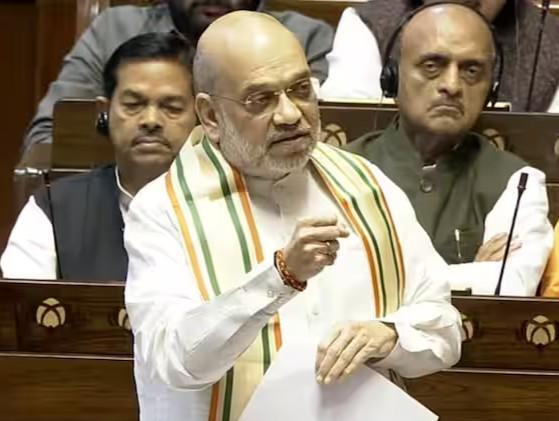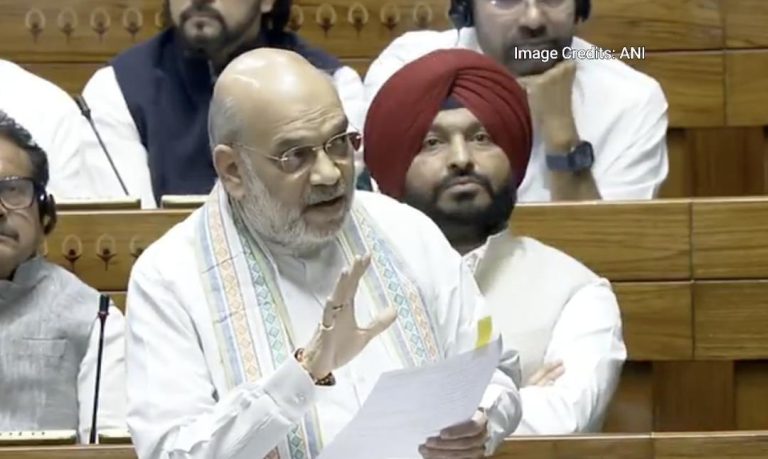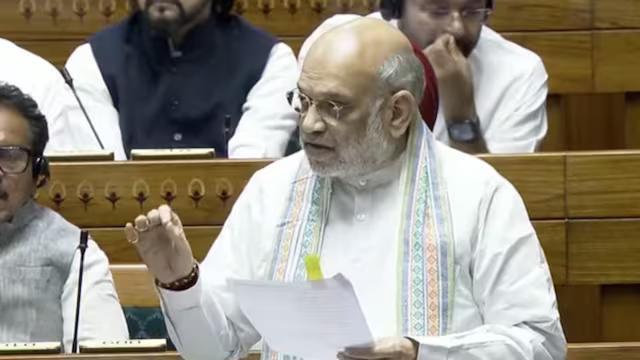
BJP wants to impose ‘Nagpur ka kanoon’: Tejashwi on Waqf Bill
The Waqf Amendment Bill has been a topic of debate in the country, with the Rashtriya Janata Dal (RJD) leader Tejashwi Yadav joining the chorus of criticism against the BJP-led central government. In a recent statement, Tejashwi Yadav attacked the BJP, saying that they are trying to impose “Nagpur ka kanoon” (Nagpur’s law) on the rest of the country.
The Waqf Amendment Bill aims to amend the Waqf Act, 1995, which deals with the management and administration of waqf properties. The government has introduced the bill to ensure the proper management and utilization of these properties, which are considered sacred trusts for Muslims.
However, the opposition parties, including the RJD, have opposed the bill, alleging that it is unconstitutional and an attempt to undermine the rights of Muslim minorities. Tejashwi Yadav, who is also the former deputy chief minister of Bihar, has been vocal in his criticism of the bill.
In a statement, Tejashwi Yadav said, “This is an unconstitutional Bill…People of BJP want to impose ‘Nagpur ka kanoon’ (Nagpur’s law). We will never accept the Bill in the future.” He added that his party has opposed the bill in both houses of Parliament since the beginning.
Tejashwi’s criticism of the bill is not new. In the past, he has alleged that the bill is an attempt to undermine the autonomy of waqf boards and to give more powers to the central government. He has also claimed that the bill is an attempt to impose a uniform civil code, which is a contentious issue in Indian politics.
The RJD leader’s criticism of the bill has been echoed by other opposition parties, including the Congress and the Left parties. They have accused the BJP-led government of trying to impose its ideology on the rest of the country and of undermining the rights of Muslim minorities.
The Waqf Amendment Bill has also been criticized by many Muslim organizations and individuals, who have alleged that it is an attempt to undermine the religious freedom of Muslims. They have also accused the government of trying to impose a uniform civil code, which is a contentious issue in Indian politics.
The bill has also been criticized by many experts and scholars, who have alleged that it is an attempt to undermine the autonomy of waqf boards and to give more powers to the central government. They have also accused the government of trying to impose its ideology on the rest of the country.
The controversy surrounding the Waqf Amendment Bill is not new. The bill has been a topic of debate in the country for several years, with many opposition parties and Muslim organizations criticizing it. The bill was first introduced in 2014, but it has been stuck in Parliament due to opposition from various parties.
The BJP-led government has defended the bill, saying that it is necessary to ensure the proper management and utilization of waqf properties. They have also claimed that the bill is an attempt to streamline the management of waqf properties and to ensure that they are used for the benefit of the community.
However, the opposition parties and many Muslim organizations have rejected these claims, saying that the bill is an attempt to undermine the autonomy of waqf boards and to give more powers to the central government. They have also accused the government of trying to impose its ideology on the rest of the country.
In conclusion, the Waqf Amendment Bill has been a topic of controversy in the country, with many opposition parties and Muslim organizations criticizing it. The RJD leader Tejashwi Yadav has joined the chorus of criticism, saying that the bill is an unconstitutional attempt to impose “Nagpur ka kanoon” on the rest of the country. The controversy surrounding the bill is not new, and it is likely to continue in the future.






